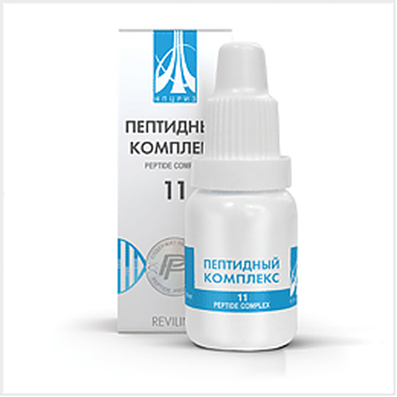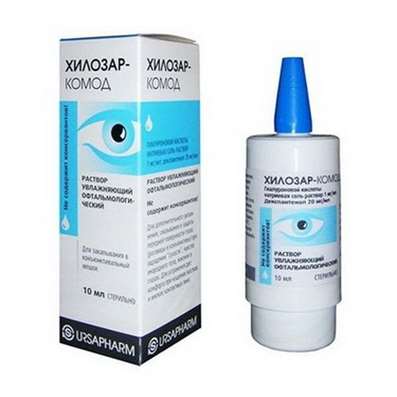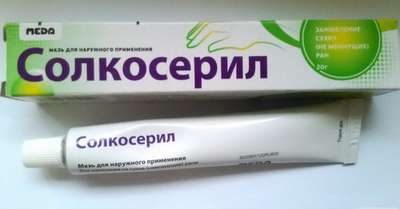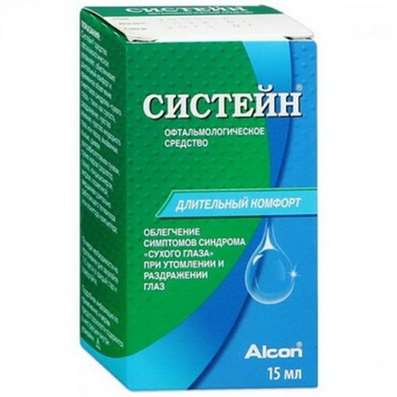Instruction for use: Lorinden C
I want this, give me price
Active substance Clioquinol + Flumetasone
ATX code D07BB01 Flumethasone in combination with antiseptics
Pharmacological group
Glucocorticosteroids in combinations
Nosological classification (ICD-10)
B00 Infections caused by the herpes simplex virus [herpes simplex]
Herpes simplex, Herpes virus, Herpes simplex virus, Herpes simplex virus type I and II, HSV, Herpes, Herpes simplex / herpes simplex /, Herpes lips, Herpes simplex, Herpes in patients with immunodeficiency, Labial herpes, Acute herpetic disease of the mucous membranes, Herpes simplex skin and mucous membranes, Herpes simplex with skin and mucous membrane damage, Recurrent herpes, Urogenital herpetic infection, Chronic recurrent herpesvirus infection, Herpes-viral infections of various localizations
L01 Impetigo
Bullous impetigo, Vulgar impetigo, Simple contact dermatitis complicated by impetigo, Contagious impetigo, Ordinary impetigo, Streptococcal impetigo
L20 Atopic dermatitis
Itchy atopic eczema, Common neurodermatitis, Allergic skin diseases, Allergic skin diseases of non-infectious etiology, Allergic skin diseases of non-microbial etiology, Allergic skin diseases, Allergic skin lesions, Allergic manifestations on the skin, Allergic dermatitis, Allergic diathesis, Allergic itching dermatosis, Allergic Skin Disease, Allergic skin irritation, Dermatitis allergic, Atopic dermatitis, Dermatosis allergic, Diathesis exudative, Skin Allergic Disease, Skin allergic reaction to medicinal and chemical preparations, Skin reaction to medication, Skin and allergic disease, Acute eczema, Chronic atopic dermatitis, Exudative diathesis, Itching allergic dermatosis
L21 Seborrheic dermatitis
Dermatitis seborrheic, Increased sebum separation, Seborrheic Eczema, Seborrheic dermatitis of the scalp, Seborrheic pyodermatitis, Seborrhea, Eczema seborrheic
L23 Allergic contact dermatitis
Allergic dermatitis, Purulent allergic dermatopathies, Contact allergic reaction, Contact allergic dermatitis, Photoallergic contact dermatitis
L30.3 Infectious dermatitis
Microbial skin infections, Dermatitis with concomitant bacterial infections, Dermatitis in the presence of a bacterial infection or suspected of it, Infected eczema of external auditory canal, Secondarily infected dermatosis, Erythema migrans, Secondarily infected dermatoses , Dermatitis re-infected, Infectious dermatitis, Dermatitis infected, Dermatoses complicated by a secondary infection, Dermatoses complicated by primary and secondary infection, Dermatoses complicated by primary and / or secondary infection, Infected eczema, Infected dermatitis, Infected dermatosis, Migrating erythema, Microbial eczema, Chronic migratory erythema, Eczema is infected, Erythema Migrating, Bacterial dermatitis, Erythema migratory chronic, Superinfectant dermatitis, Necrolytic Migrating erythema
L43 Red Leaf Flat
Lishay Wilson, Erosive-ulcerative form of red flat lichen, Warty forms of red lichen, Red lichen, Flat lichen, Kebner phenomenon
L53 Other erythematous conditions
Variable erythrokeratodermia, Malignant exudative erythema, Erythema, Erythematous, Erythroderma, Erythema from diapers
Composition and form of release
Ointment 1 g
Flumethasone pivalate 0.2 mg
Clioquinol (iodo chlorooxyquinoline) 30 mg
Auxiliary substances: wax white; Petroleum jelly white
In tubes of aluminum for 15 g; In a pack of cardboard 1 tuba.
pharmachologic effect
Pharmacological action - anti-inflammatory, antiallergic, antipruritic, antimicrobial.
Flumethasone inhibits phospholipase A2, reduces the synthesis of PG (prostaglandins) and other biologically active substances. Clioquinol (iodochlorohydroxyquinoline) causes the death of microorganisms.
Pharmacodynamics
Due to flumethasone has a pronounced anti-inflammatory, antiallergic, antipruritic effect. Reduces permeability and changes the structure of tissue and cell membranes, reduces the migration of macrophages and lymphocytes, affects all phases of inflammation, blocks the release of sensitized mast cells and basophils histamine and other biologically active substances. Included in the composition of clioquinol determines the antimicrobial activity (for most gram-positive and gram-negative bacteria, fungi), and also enhances the antiexudative effect of flumethasone.
Indications
Impetigo, allergic skin diseases (with secondary infection), resistant to treatment with other drugs, herpes, herpes zoster, eczema, seborrheic dermatitis, erythema, erythroderma (especially with secondary infection).
Contraindications
Hypersensitivity (including to individual components), tuberculosis, syphilis and viral skin infections, tumors and precancerous skin diseases, skin postvaccinal reactions.
pregnancy and lactation
It is permissible, but should not be applied to large areas of the skin.
Side effects
Contact eczema; Allergy symptoms (mainly in people with allergic diseases - eczema, shin ulcers, etc.); Exacerbation of already existing changes in common or pink acne; Papular or erythematous manifestations, resistant to any methods of treatment (with prolonged use); Post-steroid acne, purpura, telangiectasia, atrophy and stretching of the skin, perioral dermatitis, dry mouth, hypopigmentation.
Dosing and Administration
Outwardly. Ointment is applied a thin layer on the affected skin areas, at the beginning of treatment - 2-3 times a day, with the appearance of positive dynamics - 1-2 times a day; Duration of application - no more than 2 weeks. If necessary, use a bandage that allows air to pass through. With excessive lichenization and hyperkeratosis - only under the occlusive dressing 1 time in 24-48 hours, for no more than 1 week.
Without the need not to use more than 2 grams of ointment per day.
In adolescents after 10 years - only in exceptional cases, in limited areas of the skin, avoiding applying the drug to the skin of the face.
Precautionary measures
Use with caution in mycosis skin.
Storage conditions for Lorinden® C
At a temperature not higher than 25 ° C.
Keep out of the reach of children.
Shelf life
3 years.
Do not use after the expiry date printed on the package.

 Cart
Cart





